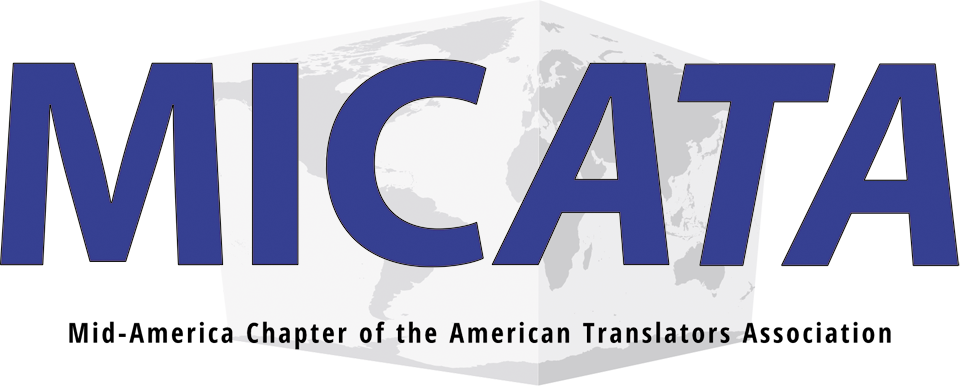What is the difference between a translator and an interpreter?
As a rule of thumb, translators convey the written word from one language to another, while interpreters use the spoken word to transfer meaning between languages. If you need somebody to help a court understand a person who speaks a different language, you will probably need an interpreter. Have a sales brochure that you want to distribute in another country? It’s a translator that you need.
How do I choose the right translator or interpreter?
Professional translators and interpreters work very hard to develop their skills and enhance them over the years.
Translators typically have resided in the language where their source language (i.e. the foreign language) is spoken and have in-depth knowledge of its culture and customs. Translators also typically specialize in specific subject areas (i.e. it would be unusual for a translator to handle documents on nuclear technology one day and art history the next) and translate into their mother tongue. Many translators have a degree in translation studies or foreign languages or have work experience in their specialist subject area. Look for somebody who has experience in the area you need as well as the right language pair.
Interpreters must be fluent in two languages and be able to work quickly and accurately. They are also completely at home in challenging situations, be it in courts, hospitals or intense business negotiations. They know medical, legal and corporate terminology inside-out and embrace professional ethics.
If this is the first time that you have worked with a translator or interpreter, might we suggest that you take a look at two of our favorite publications at the ATA: Translation: Getting it Right and Interpreting: Getting it Right. They provide a great deal of in-depth information in succinct form.
How do I become a translator or interpreter?
Working as a full-time professional translator and interpreter requires more than simply knowing a foreign language or two. It requires dedication, time and training. There are a number of training courses and degree programs locally and farther a-field that teach translation and interpreting skills. The ATA website also has a few book recommendations on getting started in translation and interpreting.
What does MICATA do?
We are a professional association of translators and interpreters in the United States of America Midwest and a local chapter of the American Translators Association (ATA). Our members are translators, interpreters and language professionals who live in the American Midwest and throughout the world. There are also others who have and interest in this area and who want to keep in touch with translation and interpreting activities in this region. Please find more information by visiting the About MICATA page.
How do I become ATA-certified? Do you have any exam sittings in the area?
MICATA hosts a sitting of the ATA certification exam each year in conjunction with our Annual Symposium. The ATA website has a wealth of information about its certification exam and covers topics including eligibility requirements, upcoming exam sittings and tips for candidates.
